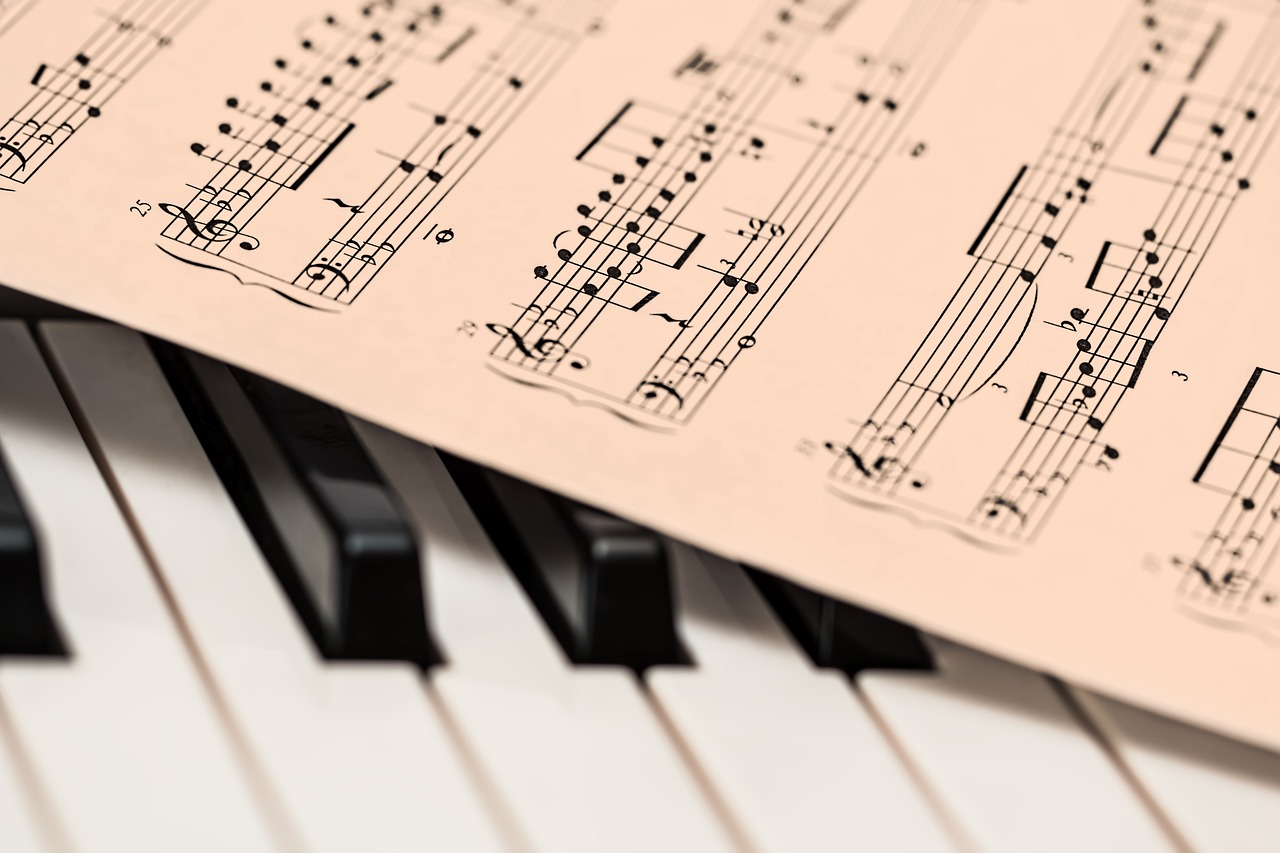In today’s business environment, music isn’t just entertainment—it’s a tool that enhances customer experiences. Whether you’re creating a cozy ambiance in a café or energizing shoppers in a retail store, music plays a vital role. But before you hit play, it’s crucial to understand the legal side of using music in your business. Here’s a straightforward guide answering seven essential questions about music licensing every business should know.
Do You Know the Importance of Music Licensing?
Music is a powerful tool for businesses. It can set the mood, boost customer satisfaction, and strengthen brand identity. However, playing music in your business without proper licensing can lead to severe consequences, including hefty fines and reputational damage.
Music licensing is an essential aspect of operating a business ethically and legally. This comprehensive guide will answer 13 common questions about music licensing, providing you with the clarity needed to navigate this crucial aspect of business management.
What is Music Licensing?
Music licensing refers to obtaining permission from the copyright holder to use a piece of music. This ensures that creators, including composers, lyricists, and performers, are fairly compensated for their work. It also allows businesses to use music without violating intellectual property laws.
Types of Music Licenses:
- Public Performance License: Required to play music in public spaces like cafes, gyms, and retail stores.
- Synchronization License: Needed when pairing music with visual content such as ads, films, or TV shows.
- Mechanical License: Grants the right to reproduce and distribute music in physical or digital formats like CDs or MP3s.
- Print License: For printing and distributing sheet music or lyrics.
Performance Rights Organizations (PROs) like ASCAP, BMI, and SESAC help businesses secure licenses while ensuring royalties are distributed to artists.
Why is Music Licensing Important for Businesses?
Music licensing is more than a legal requirement; it’s a demonstration of respect for intellectual property and an investment in your business’s reputation and customer experience.
Three Key Reasons:
- Legal Compliance: Playing copyrighted music without permission can result in fines ranging from $750 to $150,000 per violation, along with possible lawsuits.
- Support for Artists: Licensing ensures creators are compensated for their work, fostering a sustainable music industry.
- Enhanced Customer Experience: The right music can improve the ambiance of your business, influence customer behavior, and boost satisfaction.
What Are the Risks of Playing Music Without a License?
Playing music without a license can have dire consequences for businesses, affecting both their financial health and reputation.
Legal and Financial Risks:
- Fines: Penalties for using unlicensed music can range from $750 to $150,000 per song, depending on the severity of the infringement.
- Lawsuits: Copyright holders may take legal action, which can result in costly settlements or court fees.
Reputational Risks:
- Customer Trust: Legal disputes over copyright violations can damage your brand image and reduce customer trust.
- Partnerships: Other businesses and partners may hesitate to associate with entities involved in copyright infringements.
When Do Businesses Need a Music License?
A music license is required whenever copyrighted music is used publicly or for commercial purposes. This includes:
Common Scenarios:
- Playing background music in restaurants, cafes, gyms, or retail stores.
- Hosting live music events or performances.
- Using music in videos, advertisements, or online content.
- Reproducing or distributing music in physical or digital formats.
Exceptions:
- Royalty-Free Music: Music with a one-time licensing fee that can be used without additional payments.
- Custom Compositions: Music specifically commissioned for your business often includes direct licensing from the artist.
- Creative Commons: Some music is freely available under specific licensing terms, but always check the conditions.
| License Type | Purpose | Examples |
| Public Performance | Playing music in public spaces | Background music in cafes, gyms |
| Synchronization | Pairing music with visuals | TV commercials, films |
| Mechanical | Reproducing music | CDs, digital downloads |
| Printing sheet music | Music books, choir sheets |
How to Obtain a Music License?
Securing a music license involves understanding your requirements and following a structured process. Here’s how you can do it:
Step-by-Step Guide:
- Determine the License Type: Identify how your business will use the music.
- Contact the Right Entity: Reach out to a PRO like ASCAP or BMI, or directly negotiate with the copyright holder.
- Negotiate Terms: Discuss the scope of use, duration, and territory of the license.
- Pay Licensing Fees: Fees vary based on factors like business size and music usage.
- Maintain Compliance: Regularly review your music usage to ensure ongoing adherence to licensing terms.
Comparing Music Licensing Options
Different licensing options suit different business needs. Here’s a detailed comparison to help you make the right choice:
| License Type | Pros | Cons |
| Public Performance | Wide coverage for public venues.Supports artists and composers. | Recurring fees.Complex compliance requirements. |
| Synchronization | Enhances marketing and storytelling.Versatile for video and visual projects. | Higher cost for popular tracks.Short license duration. |
| Blanket | Access to vast music libraries.Cost-effective for varied needs. | Upfront investment.Limited control over specific tracks. |
Conclusion
Music licensing is essential for every business that uses music in any form. It ensures legal compliance, supports the music industry, and creates a better customer experience. By understanding your music needs and following proper licensing procedures, you can avoid risks, save costs, and contribute positively to the creative ecosystem.
Take the first step by assessing your music usage and reaching out to a licensing organization. The benefits of proper licensing far outweigh the potential risks of going unlicensed. Secure your music license today and enjoy the harmony of a compliant and ethical business environment.
